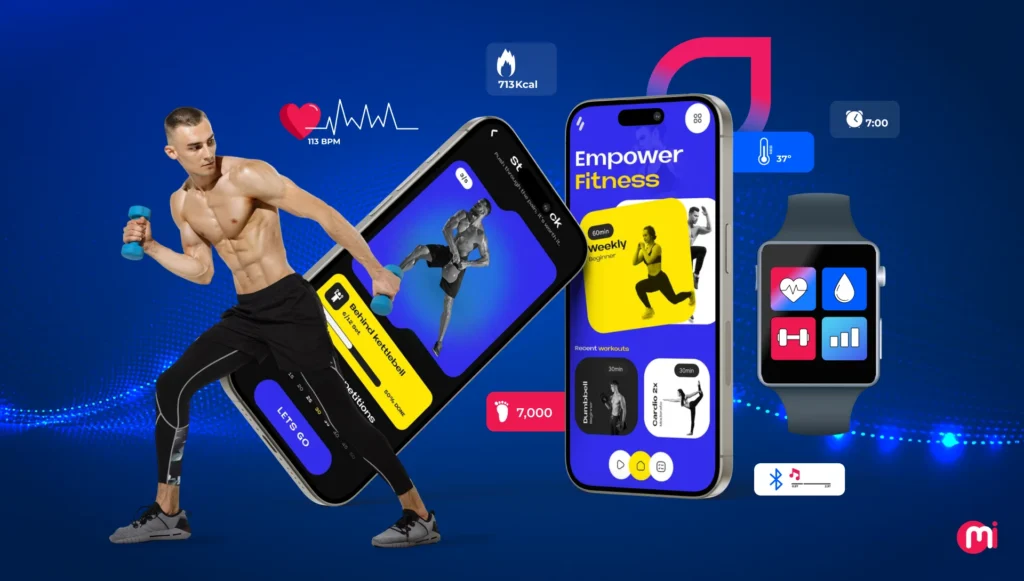Introduction
From emails to reports to scheduling, much of modern work is repetitive and time-consuming. Artificial intelligence (AI) is transforming these workflows, offering smarter ways to complete daily tasks. No longer confined to labs or tech giants, AI tools are now widely available helping businesses, teams, and individuals work faster and smarter.
This article explores how AI is revolutionizing everyday workflows, with examples, data-backed insights, and practical strategies for using AI effectively.
What Do We Mean by AI Workflows?
An AI workflow is the use of artificial intelligence to automate, optimize, or enhance repetitive processes. Instead of manually handling every step, AI streamlines the process with speed, accuracy, and adaptability.
Examples include:
- Automating customer responses.
- Using AI scheduling assistants for meetings.
- Analyzing reports instantly instead of manually crunching numbers.
- Expanding text shortcuts into prewritten templates.
AI workflows reduce friction, save time, and boost accuracy.
Everyday Workflows Transformed by AI
1. Email & Communication
AI writing assistants draft, summarize, and reply to emails. Some even adjust tone depending on whether you’re messaging a client or a colleague.
Communication becomes faster, clearer, and less stressful.
2. Scheduling & Task Management
Virtual assistants now manage calendars, find meeting times, and remind teams of deadlines. AI-enabled project management tools automatically prioritize tasks based on urgency.
Workflows become proactive instead of reactive.
3. Data Analysis
AI tools analyze massive datasets instantly, pulling out insights that would take humans hours or days. This helps businesses forecast trends, identify risks, and make better decisions.
Data becomes actionable instead of overwhelming.
4. Creative Work
Generative AI supports design, content, and brainstorming. For example, small businesses can print free cards with personalized messages and layouts generated by AI, reducing both design time and cost.
Creativity and productivity no longer clash AI bridges the gap.
Real-World Proof of AI’s Impact
The numbers behind AI adoption speak for themselves:
- Employees using AI reported a 66% boost in productivity.
- Workers saved an average of 2–3 hours per week by automating routine tasks.
- Developers completed coding projects 55% faster with AI copilots.
- Call centers with AI support handled issues 15% more efficiently.
AI adoption leads to measurable gains across industries.
Industries Where AI Workflows Shine
Healthcare
AI reduces paperwork, manages patient records, and supports diagnostics. Doctors spend more time with patients instead of forms.
Education
AI personalizes assignments, offers instant feedback, and helps teachers manage classroom data.
Finance
Banks use AI to detect fraud, evaluate risks, and simplify compliance.
Retail & Logistics
From inventory forecasting to optimized delivery routes, AI workflows streamline supply chains.
Whether in hospitals, classrooms, or warehouses, AI revolutionizes how work gets done.
Best Practices for Adopting AI in Workflows
- Identify repetitive tasks – Start with workflows that waste the most time.
- Choose the right tool – Match AI capabilities to your specific needs.
- Train staff – Ensure adoption is smooth by offering training and support.
- Measure performance – Track time saved, accuracy gains, and overall efficiency.
- Maintain oversight – Human judgment ensures AI outputs align with goals.
Smart adoption is the key to lasting benefits.
Common Myths About AI in Workflows
- “AI will replace my job.”
AI eliminates tasks, not roles. Human judgment, creativity, and empathy remain vital. - “AI is too expensive.”
Many tools are affordable or free, designed for individuals and small teams. - “AI is only for tech companies.”
From retail to healthcare, AI workflows are accessible across industries.
Barriers to AI adoption are lower than most people think.
FAQs
1. What’s the main advantage of AI in workflows?
It saves time by automating repetitive tasks while improving accuracy.
2. Can AI workflows benefit small businesses?
Yes AI reduces administrative burdens, supports marketing, and even automates design tasks.
3. How secure are AI tools?
Reputable providers follow strict data security standards. Always research vendors.
4. Is AI difficult to implement?
Most AI tools integrate easily with existing platforms, requiring little technical skill.
5. Will AI continue to grow in everyday workflows?
Yes AI adoption is expected to increase steadily, especially in small and medium businesses.




